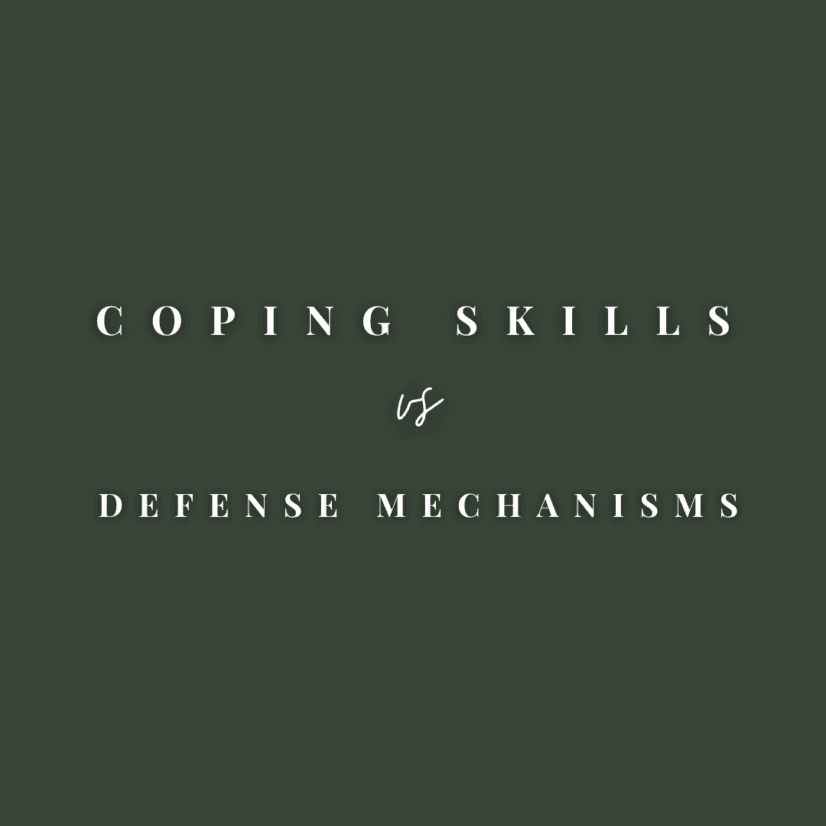Defense mechanisms are unconscious responses to overwhelming stress in our lives. Although they serve an important purpose, if left unchecked, protective instincts from defense mechanisms can inhibit the development of healthier coping skills. We are going to dive into two common defense mechanisms: denial and regression.
Denial
One of our most primitive defense mechanisms is denial. In effect, denial is an effort to avoid the pain or discomfort of reality by pretending it doesn’t exist.
It is the emotional manifestation of the ‘flight’ portion of ‘fight or flight.’ Our mind has a way of saying, “I don’t want to face what is being presented to me so I simply refuse to acknowledge that it exists.”
It isn’t difficult to spot denial in our day to day lives.
It’s at work in the parents who adamantly refuse to acknowledge any flaw in their child. Even with feedback from teachers, coaches, peers, or even the child themselves. It’s present in the friends who won’t recognize the problem that alcohol or drugs are causing in their lives.
Although it may minimize emotional discomfort in the moment, living in denial also minimizes our ability to engage with the world around us, hinders healthy relationships, and compromises our credibility.
Regression:
Denial enable us to cope with a stressful situation by denying its existence. Regression minimizes our agency in addressing the problem by retreating to a safer, less mature developmental perspective.
Regression is easy to see in young children because changes in development and ability are so readily apparent. Faced with the arrival of a new baby brother or sister, it is not uncommon for children to exhibit behaviors consistent with earlier stages of development and begin to struggle with tasks previously mastered. Accomplishments that previously brought pride are now rejected as maturity is equated with separation, rather than achievement.
In a regressive state, the pressures inherent to our stage of life are so uncomfortable that we are willing to compromise our autonomy, our independence, and our personal agency (and disrupt the lives of the people close to us) for the safety represented by an earlier stage of life.
From a regressive perspective, developmental maturity results in responsibility, evaluation, and expectations; while conversely, immaturity elicits care, protection, and security. However, the safety provided by regression often comes at the price of our credibility, our self-confidence, and our self-respect.
Recognizing the effect of our behavior on others and developing stress management skills foster the confidence and motivation necessary to utilize our healthy coping skills instead of destructive defense mechanisms.
Written by: GROW Staff

